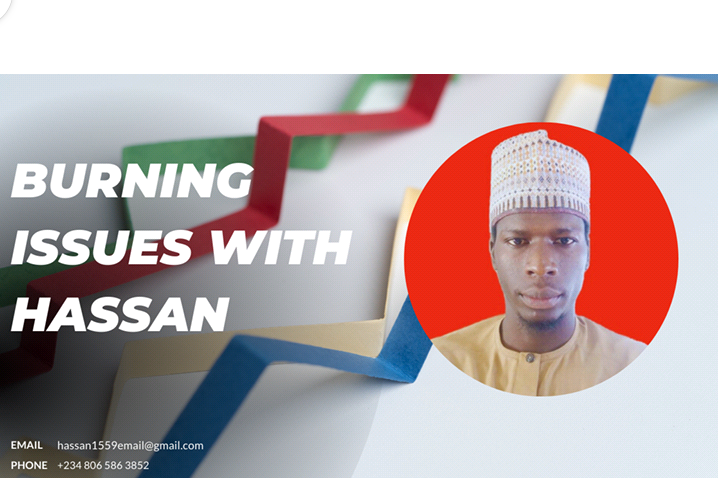The Nigerian government recently drew international and domestic criticism after detaining several teenagers on charges of treason.
These minors were accused of allegedly inciting violence during the #EndBadGovernment protests, a movement that sought to draw attention to systemic corruption, police brutality, and governmental neglect in Nigeria.
On Friday, these young detainees, all underage, appeared in court, facing serious allegations brought forth by federal authorities.
This incident has reignited debates about justice, fairness, and accountability in Nigeria, as many are questioning why the government focuses its legal power on young, often disenfranchised citizens, while prominent politicians accused of financial crimes seem to evade similar scrutiny.
As these teenagers face trial, numerous Nigerian politicians, including some prominent former governors, have been accused of corruption, misappropriation of funds, and various forms of financial misconduct.
However, many of these politicians continue to move freely within society, occasionally appearing in court or responding to federal inquiries but rarely, if ever, facing harsh legal repercussions.
For instance, former Governor Yahaya Bello has faced multiple allegations of embezzling billions of naira.
Despite this, he continues to exercise significant influence and freedom, in stark contrast to the teenagers detained for participating in protests.
This dichotomy has led Nigerians to question why justice appears lenient towards politicians but severe for ordinary citizens, particularly those who voice their frustrations with the system.
Protests have long been a legitimate means for citizens to express grievances and demand change.
Nigerians, like citizens in any democratic society, have a constitutional right to peacefully demonstrate and call for reforms. However, in recent years, these protests are often met with swift and sometimes excessive government crackdowns.
Security agencies are deployed to disperse gatherings, and in several instances, protesters have been detained or otherwise penalized.
The recent arrest of teenagers involved in the #EndBadGovernment protests highlights the government’s willingness to criminalize dissent, creating a chilling effect on freedom of expression.
Many Nigerians feel that the government’s intolerance toward peaceful demonstrations further widens the gap between citizens and their leaders, fostering an environment where accountability is rare.
The Nigerian justice system has long been criticized for favoring the wealthy and powerful.
Many poor citizens are imprisoned for minor offenses, such as stealing food items, livestock, or other necessities, while politicians accused of siphoning millions or even billions of public funds face little consequence.
These discrepancies raise questions about the impartiality and integrity of the judiciary and other legal institutions, leading some Nigerians to believe that justice is only accessible to those who can afford it.
Indeed, it is not uncommon to hear stories of citizens languishing in prison over petty offenses, while powerful individuals with serious criminal allegations retain their freedom and influence.
The handling of political corruption and financial crimes in Nigeria is often seen as inadequate, if not outright ineffective.
Many argue that over 80% of politicians with corruption cases deserve long-term imprisonment based on the gravity of their alleged crimes.
Instead, many of these cases either remain unresolved for years or end with minimal punishment.
This failure to hold powerful individuals accountable weakens the rule of law, undermines public trust, and exacerbates social inequalities.
The stark contrast in how the Nigerian government treats politically involved juveniles and alleged corrupt politicians underscores the urgent need for judicial reform.
A just legal system should apply the law impartially, regardless of an individual’s age, social status, or political influence.
Many Nigerians are calling for a more accountable, fair, and transparent judiciary that serves all citizens equitably.



